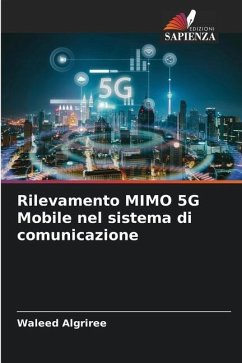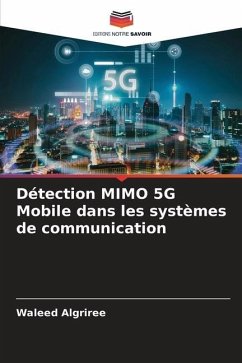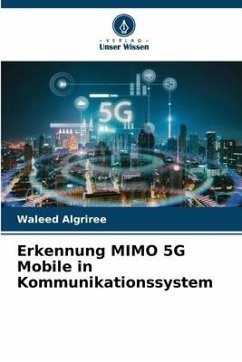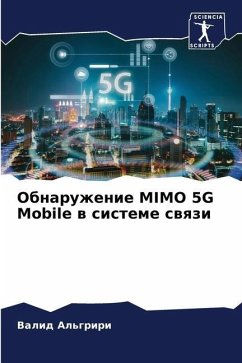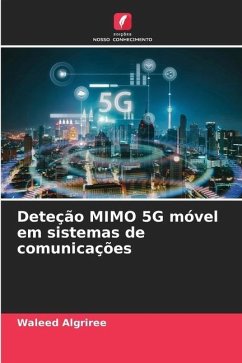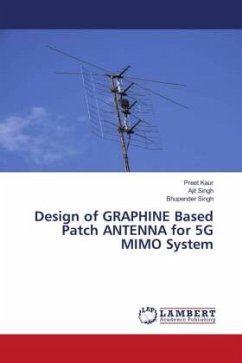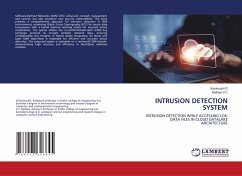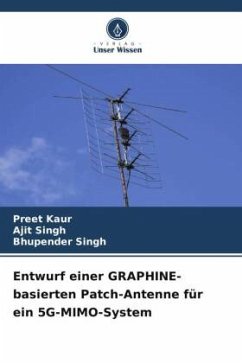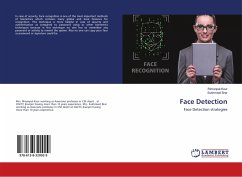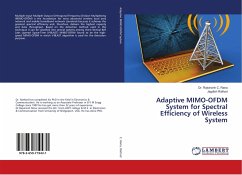
Detection MIMO 5G Mobile in Communications System
Versandkostenfrei!
Versandfertig in 6-10 Tagen
29,99 €
inkl. MwSt.

PAYBACK Punkte
15 °P sammeln!
The 5G spectrum sensing process is used for detecting signals in a given frequency range. It is an essential aspect of 5G networks and allows them to identify the available spectrum resources and configure their communication networks accordingly. The lack of spectrum is a major problem in the telecommunications industry. Spectrum is a finite resource, and it is becoming increasingly difficult for telecommunications companies to acquire enough spectrum to meet the growing demand for data services. This lack of spectrum can lead to higher prices and slower speeds for consumers, as companies com...
The 5G spectrum sensing process is used for detecting signals in a given frequency range. It is an essential aspect of 5G networks and allows them to identify the available spectrum resources and configure their communication networks accordingly. The lack of spectrum is a major problem in the telecommunications industry. Spectrum is a finite resource, and it is becoming increasingly difficult for telecommunications companies to acquire enough spectrum to meet the growing demand for data services. This lack of spectrum can lead to higher prices and slower speeds for consumers, as companies compete for limited spectrum resources. Additionally, it can limit the development of new technologies and applications, as there is not enough spectrum available for them. Hybrid filter detection combines various detection techniques to enhance the accuracy of the sensing process. It usually relies on multiple types of filters such as energy, cyclostationary, or matched filter detection. This approach allows the system to take advantage of each filter type's strengths and create a more reliable signal detection result.



